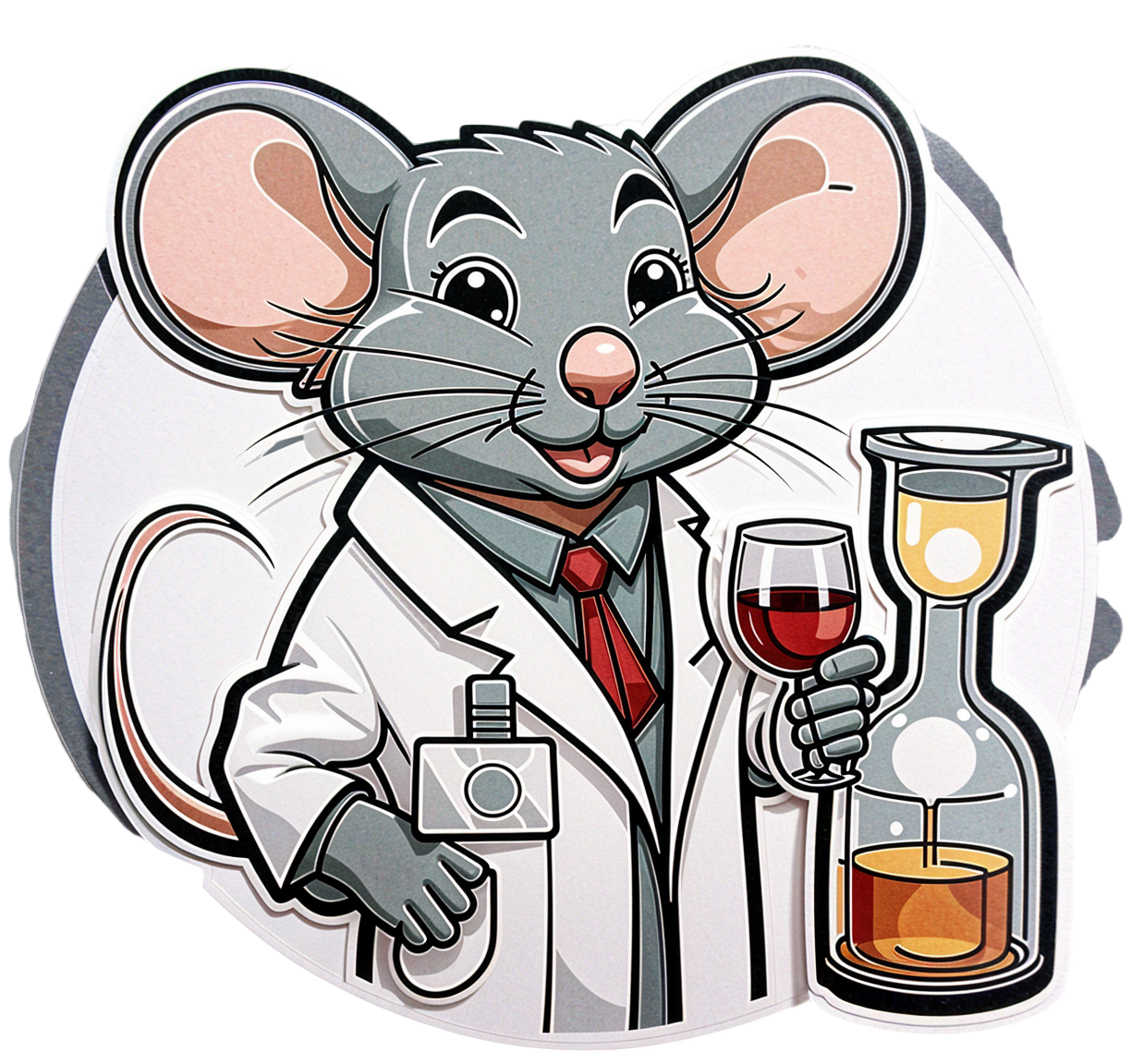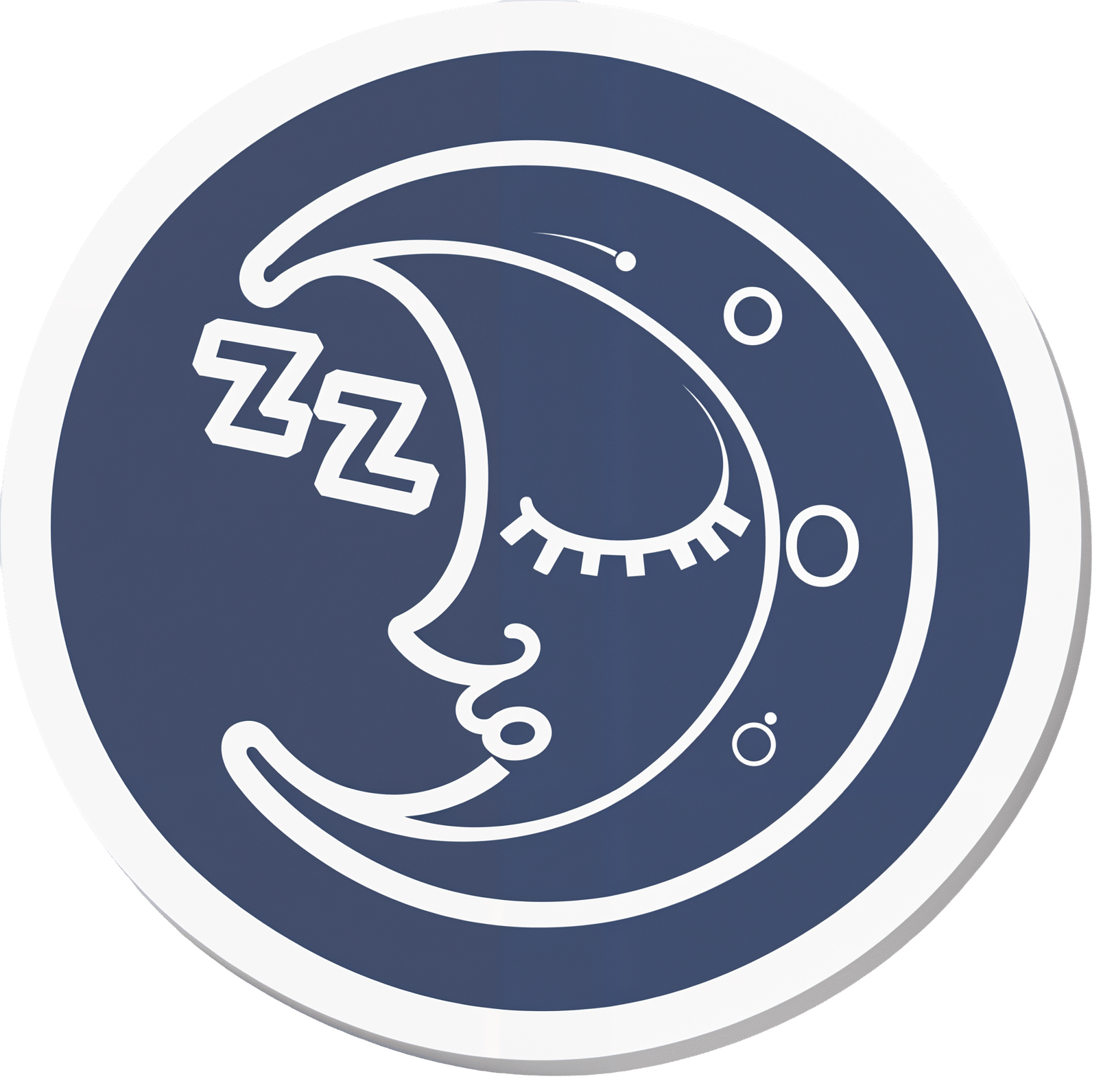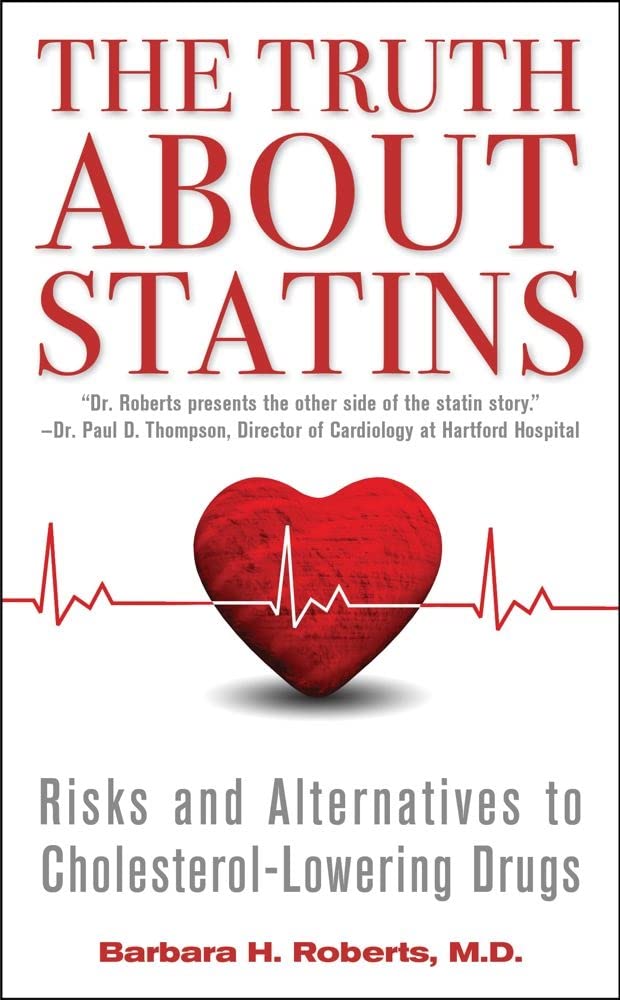
80-Year-Olds Share Their Biggest Regrets
10almonds is reader-supported. We may, at no cost to you, receive a portion of sales if you purchase a product through a link in this article.
Notwithstanding the title, some of these people are a little younger than 80, but this adds to the interest a little as we see the different regrets / learned wisdoms at different stages of later life!
If we could turn back the time…
There are dozens of life regrets / wishes / retroactive advices shared in this video; here are some highlights:
- “My regret was I had a dysfunctional family and I wish I would have learned not to take responsibility.”
- “In my 30s, when I started drinking very heavily, I wish I hadn’t done that because it escalated to drug abuse.”
- “When my parents were old ages, I was working very hard… I didn’t have time to take care of them, not even spend the time with them. That’s my biggest regret.”
- “Live life to the fullest because none of us have any assurance on how old we’re going to be when we’re going to die.”
- “If I could do it over, I would have called home more and realized what my brother was going through.”
- “Spent a lot of years being concerned about what other people thought of me.”
- “You got to be careful what you say to your children because it means a lot.”
For the rest, enjoy:
Click Here If The Embedded Video Doesn’t Load Automatically!
Want to learn more?
You might also like to read:
- Managing Your Mortality Without Regrets
- How To Avoid Carer Burnout (Without Dropping Care)
- Managing Sibling Relationships In Adult Life
- Family Estrangment & How To Fix It
Take care!
Don’t Forget…
Did you arrive here from our newsletter? Don’t forget to return to the email to continue learning!
Recommended
Learn to Age Gracefully
Join the 98k+ American women taking control of their health & aging with our 100% free (and fun!) daily emails:

Tempeh vs Tofu – Which is Healthier?
10almonds is reader-supported. We may, at no cost to you, receive a portion of sales if you purchase a product through a link in this article.
Our Verdict
When comparing tempeh to tofu, we picked the tempeh.
Why?
Per 100g, tempeh has about 1.5x as many calories, about 2x as much protein, about 3x as much fiber, and about 4x the carbohydrates.
Which latter sounds like a lot, but really, the amounts here are small—tempeh is under 12% carbohydrates, and most of that is treated by the body as fiber (e.g. it’s a resistant starch).
Both have no sugar, and both have more or less the same (tiny) amount of fat.
Micronutrients, you ask? As they’re both made from soybeans, the micronutrient profiles are similar, but exact amounts will depend on the method used, so by all means check labels if comparing products in store. By and large, there’s usually not much difference, though.
You can see sample stats here:
In summary
Both are great, and/but tempeh is the more nutrient-dense of the two.
Therefore, tempeh is the healthier option, unless you are on a very strictly calorie-controlled diet, in which case, tofu will give you more quantity per calorie.
Enjoy!
Share This Post

Nanotechnology vs Alcohol Damage!
10almonds is reader-supported. We may, at no cost to you, receive a portion of sales if you purchase a product through a link in this article.
One Thing That Does Pair Well With Alcohol…
Alcohol is not a healthy thing to consume. That shouldn’t be a controversial statement, but there is a popular belief that it can be good for the heart:
Red Wine & The Heart: Can We Drink To Good Health?
The above is an interesting and well-balanced article that examines the arguments for health benefits (including indirectly, e.g. social aspects).
Ultimately, though, as the World Health Organization puts it:
WHO: No level of alcohol consumption is safe for our health
There is some good news:
We can somewhat reduce the harm done by alcohol by altering our habits slightly:
How To Make Drinking Less Harmful
…and we can also, of course, reduce our alcohol consumption (ideally to zero, but any reduction is an improvement already):
And, saving the best news (in this section, anyway) for last, it is almost always possible to undo the harm done specifically to one’s liver:
Nanotechnology to the rescue?
Remember when we had a main feature about how colloidal gold basically does nothing by itself (and that that’s precisely why gold is used in medicine, when it is used)?
Now it has an extra bit of nothing to do, for our benefit (if we drink alcohol, anyway), as part of a gel that detoxifies alcohol before it can get to our liver:
Gold is one of the “ingredients” in a gel containing a nanotechnology lattice of protein fibrils coated with iron (and the gold is there as an inert catalyst, which is chemistry’s way of saying it doesn’t react in any way but it does cheer the actual reagents on). There’s more chemistry going on than we have room to discuss in our little newsletter, so if you like the full details, you can read about that here:
Single-site iron-anchored amyloid hydrogels as catalytic platforms for alcohol detoxification
The short and oversimplified explanation is that instead of alcohol being absorbed from the gut and transported via the bloodstream to the liver, where it is metabolized (poisoning the liver as it goes, and poisoning the rest of the body too, including the brain), the alcohol is degraded while it is still in the gastrointestinal tract, converted by the gel’s lattice into acetic acid (which is at worst harmless, and actually in moderation a good thing to have).
Even shorter and even more oversimplified: the gel turns the alcohol into vinegar in the stomach and gut, before it can get absorbed into the blood.
But…
Of course there’s a “but”…
There are some limitations:
It doesn’t get it all (tests so far found it only gets about half of the alcohol), and so far it’s only been tested on mice, so it’s not on the market yet—while the researchers are sufficiently confident about it that a patent application has now been made, though, so it’ll probably show up on the market in the near future.
You can read a pop-science article about it (with diagrams!) here:
New gel breaks down alcohol in the body
Want to read more…
…about how to protect your organs (including your brain) from alcohol completely?
We’ve reviewed quite a number of books about quitting alcohol, so it’s hard to narrow it down to a single favorite, but after some deliberation, we’ll finish today with recommending:
Quit Drinking – by Rebecca Dolton ← you can read our review here
Take care!
Share This Post

Melatonin: A Safe, Natural Sleep Aid?
10almonds is reader-supported. We may, at no cost to you, receive a portion of sales if you purchase a product through a link in this article.
Melatonin: A safe sleep supplement?
Melatonin is a hormone normally made in our pineal gland. It helps regulate our circadian rhythm, by making us sleepy.
It has other roles too—it has a part to play in regulating immune function, something that also waxes and wanes as a typical day goes by.
Additionally, since melatonin and cortisol are antagonistic to each other, a sudden increase in either will decrease the other. Our brain takes advantage of this, by giving us a cortisol spike in the morning to help us wake up.
As a supplement, it’s generally enjoyed with the intention of inducing healthy, natural, restorative sleep.
Does it really induce healthy, natural, restorative, sleep?
Yes! Well, “natural” is a little subject and relative, if you’re taking it as a supplement, but it’s something your body produces naturally anyway.
Contrast with, for example, benzodiazepines (that whole family of medications with names ending in -azopan or -alozam), or other tranquilizing drugs that do not so much induce healthy sleep, but rather reduce your brain function and hopefully knock you out, and/but often have unwanted side effects, and a tendency to create dependency.
Melatonin, unlike most of those drugs, does not create dependency, and furthermore, we don’t develop tolerance to it. In other words, the same dose will continue working (we won’t need more and more).
In terms of benefits, melatonin not only reduces the time to fall asleep and increases total sleep time, but also (quite a bonus) improves sleep quality, too:
Meta-Analysis: Melatonin for the Treatment of Primary Sleep Disorders
Because it is a natural hormone rather than a drug with many side effects and interactions, it’s also beneficial for those who need good sleep and/but don’t want tranquilizing:
Any other benefits?
Yes! It can also help guard against Seasonal Affective Disorder, also called seasonal depression. Because SAD is not just about “not enough light = not enough serotonin”, but also partly about circadian rhythm and (the body is not so sure what time of day it is when there are long hours of darkness, or even, in the other hemisphere / other time of year, long hours of daylight), melatonin can help, by giving your brain something to “anchor” onto, provided you take it at the same time each day. See:
- Is seasonal affective disorder a disorder of circadian rhythms?
- The circadian basis of winter depression: the case for low-dose melatonin use
As a small bonus, melatonin also promotes HGH production (important for maintaining bone and muscle mass, especially in later life):
Anything we should worry about?
Assuming taking a recommended dose only (0.5mg–10mg per day), toxicity is highly unlikely, especially given that it has a half-life of only 40–60 minutes, so it’ll be eliminated quite quickly.
However! It does indeed induce sleepiness, so for example, don’t take melatonin and then try to drive or operate heavy machinery—or, ideally, do anything other than go to bed.
It can interfere with some medications. We mentioned that melatonin helps regulate immune function, so for example that’s something to bear in mind if you’re on immunosuppressants or otherwise have an autoimmune disorder. It can also interfere with blood pressure medications and blood thinners, and may make epilepsy meds less effective.
As ever, if in doubt, please speak with your doctor and/or pharmacist.
Where to get it?
As ever, we don’t sell it (or anything else), but for your convenience, here is an example product on Amazon.
Enjoy!
Share This Post
Related Posts

A Tale Of Two Cinnamons
10almonds is reader-supported. We may, at no cost to you, receive a portion of sales if you purchase a product through a link in this article.
Cinnamon’s Health Benefits (But Watch Out!)
Cinnamon is enjoyed for its sweet and punchy flavor. It also has important health properties!
Let’s take a look at the science…
A Tale Of Two Cinnamons
In your local supermarket, there is likely “cinnamon” and if you’re lucky, also “sweet cinnamon”. The difference between these is critical to understand before we continue:
“Cinnamon” = Cinnamomum cassia or Cinnamomum aromaticum. This is cheapest and most readily available. It has a relatively high cinnamaldehyde content, and a high coumarin content.
“Sweet cinnamon” Cinnamomum verum or Cinnamomum zeylanicum. It has a lower cinnamaldehyde content, and/but a much lower (almost undetectable) coumarin content.
You may be wondering: what’s with the “or” in both of those cases? Each simply has two botanical names in use. It’s inconvenient and confusing, but that’s how it is.
Great! What’s cinnamaldehyde and what’s coumarin?
Cinnamaldehyde is what gives cinnamon its “spice” aspect; it’s strong and fragrant. It also gives cinnamon most of its health benefits.
As a quick aside: it’s also used as the flavoring element in cinnamon flavored vapes, and in that form, it can cause health problems. So do eat it, but we recommend not to vape it.
Coumarin is toxic in large quantities.
The recommended safe amount is 0.1mg/kg, so you could easily go over this with a couple of teaspoons of cassia cinnamon:
Toxicology and risk assessment of coumarin: focus on human data
…while in Sweet/True/Ceylon cinnamon, those levels are almost undetectable:
Medicinal properties of ‘true’ cinnamon (Cinnamomum zeylanicum): a systematic review
If you have a cinnamon sensitivity, it is likely, but not necessarily, tied to the coumarin content rather than the cinnamaldehyde content.
Summary of this section before moving on:
“Cinnamon”, or cassia cinnamon, has about 50% stronger health benefits than “Sweet Cinnamon”, also called Ceylon cinnamon.
“Cinnamon”, or cassia cinnamon, has about 250% stronger health risks than “Sweet Cinnamon”, also called Ceylon cinnamon.
The mathematics here is quite simple; sweet cinnamon is the preferred way to go.
The Health Benefits
We spent a lot of time/space today looking at the differences. We think this was not only worth it, but necessary. However, that leaves us with less time/space for discussing the actual benefits. We’ll summarize, with links to supporting science:
“Those three things that almost always go together”:
Heart and blood benefits:
- Reduces triglyceride levels
- Reduces high blood pressure
- Reduces insulin insensitivity
- Reduces fasting blood sugar levels
Neuroprotective benefits:
The science does need more testing in these latter two, though.
Where to get it?
You may be able to find sweet cinnamon in your local supermarket, or if you prefer capsule form, here’s an example product on Amazon
Enjoy!
Don’t Forget…
Did you arrive here from our newsletter? Don’t forget to return to the email to continue learning!
Learn to Age Gracefully
Join the 98k+ American women taking control of their health & aging with our 100% free (and fun!) daily emails:

How To Keep On Keeping On?
10almonds is reader-supported. We may, at no cost to you, receive a portion of sales if you purchase a product through a link in this article.
How To Keep On Keeping On… Long Term!
For many when it comes to health-related goals and practices, it’s easy to find ourselves in a bit of a motivational dip around this time of year. The enthusiasm of new year’s resolutions has been and gone, and there’s not yet much of a drive to “get a beach body” or “be summer-ready”.
A word to the wise on those before moving on, though:
- How to get a beach body: take your body to a beach. Voilà. Beach body.
- Remember: the beach is there for your pleasure and entertainment, not the other way around!
- How to be summer-ready: the real question is, will summer be ready for you?
But what is this, demotivational rhetoric to discourage you from getting fit and healthy?
Not at all, but rather, to be sure that you’re pursuing your own goals and not just what you feel might be expected of you.
All that in mind, let’s get to the tips…
Focus on adding health
It can be tempting (and even, good) to cut down on unhealthy things. But when it comes to motivation, it’s harder to stay motivated for deprivation, than it is for some healthy addition to life.
So for example, this philosophy would advocate for:
- Instead of counting calories, count steps! Or even…
- Instead of counting calories, count colors! Eat the rainbow and all that. No, skittles do not count, but eating a variety of naturally different-colored foods will tend to result in adding different nutrients to your diet.
- Instead of cutting out sugar, add fruit! How many per day will you go for? If you don’t eat much fruit as it is, consider making it a goal to have even just one piece of fruit a day, then build up from there. Find fruit you like! If you pick the fruit you want instead of the fruit you think you “should” have, it’s basically a dessert snack.
We’ve recommended it before, and we’ll recommend it again, but if you’re interested in “adding health”, you should definitely check out:
Dr. Greger’s Daily Dozen (checklist, plus app if you want it)
More details: it’s a checklist of 12 things you should try to include in your diet, with a free streak-tracking app, if you want it, all based on the same scientific research as the best-selling book “How Not To Die”.
“Minimum effort!”
Did you see the movie “Deadpool”? The protagonist has a catch-phrase as he goes into battle, saying to himself “Maximum effort!”.
And, that’s all very well and good if your superpower is immediate recovery from pretty much anything, but for the rest of us, sometimes it’s good to hold ourselves to “minimum effort!”.
Sometimes, something worth doing is worth doing just a little a bit. It’s always better than nothing! Even if feels like you gained nothing from it, it’s the foundation of a habit, and the habit will grow and add up. Sometimes it may even take you by surprise…
Don’t feel like doing 20 bodyweight squats? Do literally just one. Make a deal with yourself: do just one, then you can stop if you like. Then after you’ve done one, you might think to yourself “huh, that wasn’t so bad”, and you try out a few more. Maybe after 5 you can feel your blood pumping a bit and you think “you know what, that’s enough for now”, and great, you did 5x as much exercise as you planned! Wonder what you’ll do tomorrow!
(personal note from your writer here: I’ve managed to “just extend this exercise a little bit more than last time” my way into hour-long exercise sessions before now; I started with “just 10 squats” or “just one sun salutation” etc, to get myself out of a no-exercise period that I’d slipped into, and it’s amazing how quickly adding just a little bit to the previous day’s “minimum effort!” adds up to a very respectable daily exercise session)
Wondering what a good, easy, respectable short term goal could be?
Check Out, For Example: The Seven-Minute Workout
(You might have heard of this one before; it’s an incredibly efficient well-optimized short complete workout that requires no special equipment, just a bit of floorspace and a wall—the above app allows for customizations of it per your preferences, but the basic routine is an excellent starting point for most people)
Commit to yourself (and do any self-negotiation up-front)
Really commit, though. No “or I will look silly because I told people I’d do it”, no “or I will donate x amount to charity” etc, just “I will do it and that’s that”. If you find yourself second-guessing yourself or renegotiating with yourself, just shut that down immediately and refuse to consider it.
Note: you should have break-clauses in this contract with yourself, though. For example, “unless I am ill or injured” is a sensible rule to have in advance for most exercise regimes that weren’t undertaken with your illness or injury in mind.
Make a “To-Don’t” list
Much like how addicts are often advised to not try to quit more than one thing at once, we must also be mindful of not taking on too much at once. It can be very tempting to think:
“I will turn my life around, now! I’ll quit alcohol and animal products and sugar and refined grains, and I’ll go for a run each morning, and I’ll do this and that and there, I’ve got it, here is the blueprint for my healthy perfect life from this day forth!”
And, it’s great to have any and all of that as your end goal if you want, but please, pick one or two things at most to start with, focus on those, and when those have become second nature to you and just a normal part of your life, then choose the next thing to work on.
(You can plan out the whole thing in advance if you want! i.e., I’ll do this, then this, then this, but just… make sure that you’ve really got each one down to a matter of comfort and ease before you take up the next one)
In summary:
- Focus on adding health, whatever that looks like to you
- Figure out what “minimum effort!” is for you, and let that be your baseline
- Commit to yourself (and do any self-negotiation up-front, not later)
- Decide what you’re not going to do yet, and stick to that, too.
Don’t Forget…
Did you arrive here from our newsletter? Don’t forget to return to the email to continue learning!
Learn to Age Gracefully
Join the 98k+ American women taking control of their health & aging with our 100% free (and fun!) daily emails:
- How to get a beach body: take your body to a beach. Voilà. Beach body.

The Truth About Statins – by Barbara H. Roberts, M.D.
10almonds is reader-supported. We may, at no cost to you, receive a portion of sales if you purchase a product through a link in this article.
All too often, doctors looking to dispense a “quick fix” will prescribe from their playbook of a dozen or so “this will get you out of my office” drugs. Most commonly, things that treat symptoms rather than the cause. Sometimes, this can be fine! For example, in some cases, painkillers and antidepressants can make a big improvement to people’s lives. What about statins, though?
Prescribed to lower cholesterol, they broadly do exactly that. However…
Dr. Roberts wants us to know that we could be missing the big picture of heart health, and making a potentially fatal mistake.
This is not to say that the book argues that statins are necessarily terrible, or that they don’t have their place. Just, we need to understand what they will and won’t do, and make an informed choice.
To which end, she does advise regards when statins can help the most, and when they may not help at all. She also covers the questions to ask if your doctor wants to prescribe them. And—all so frequently overlooked—the important differences between men’s and women’s heart health, and the implications these have for the efficacy (or not) of statins.
With regard to the “alternatives to cholesterol-lowering drugs” promised in the subtitle… we won’t keep any secrets here:
Dr. Roberts (uncontroversially) recommends the Mediterranean diet. She also provides two weeks’ worth of recipes for such, in the final part of the book.
All in all, an important book to read if you or a loved one are taking, or thinking of taking, statins.
Pick up your copy of The Truth About Statins on Amazon today!
Don’t Forget…
Did you arrive here from our newsletter? Don’t forget to return to the email to continue learning!
Learn to Age Gracefully
Join the 98k+ American women taking control of their health & aging with our 100% free (and fun!) daily emails:






